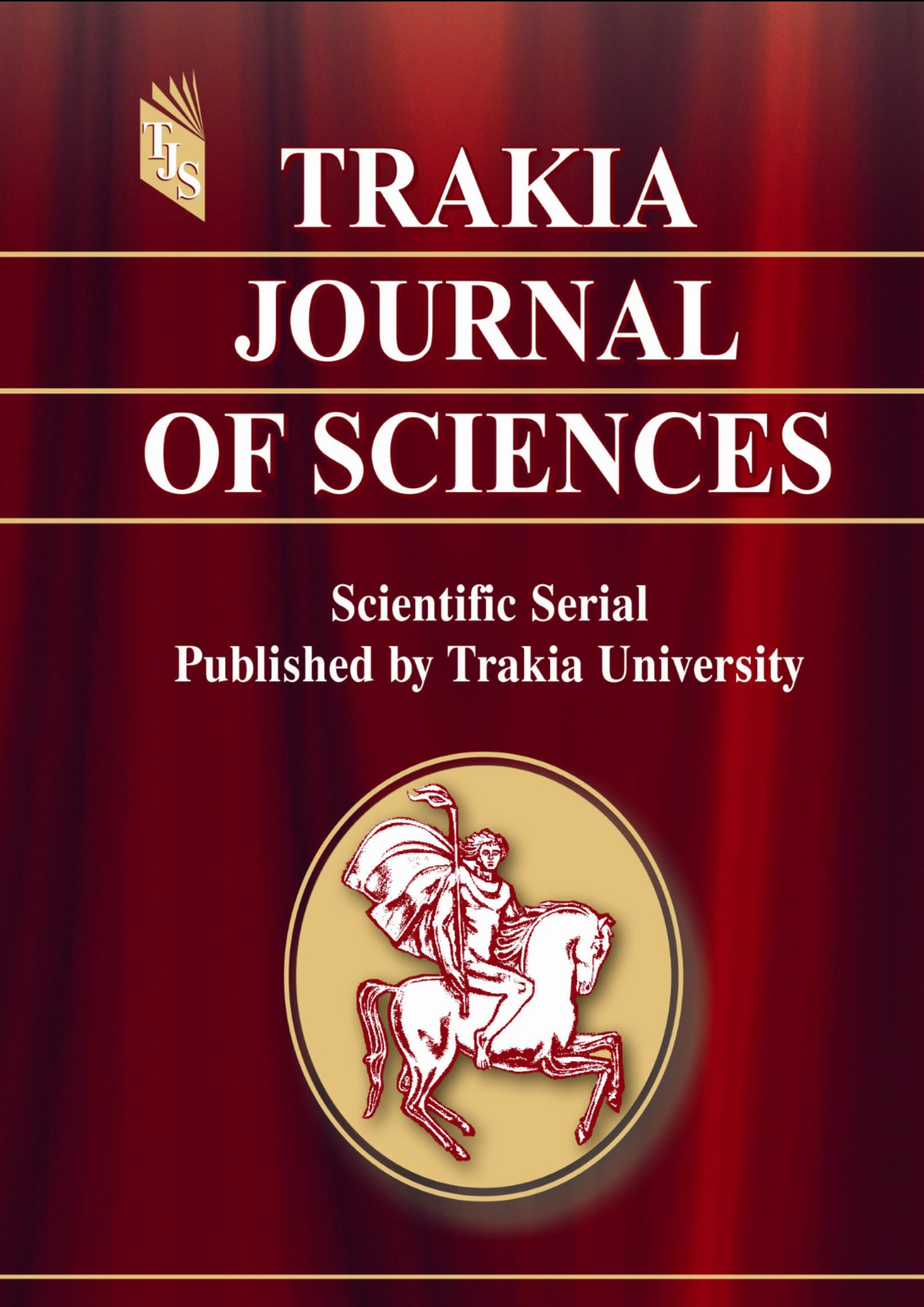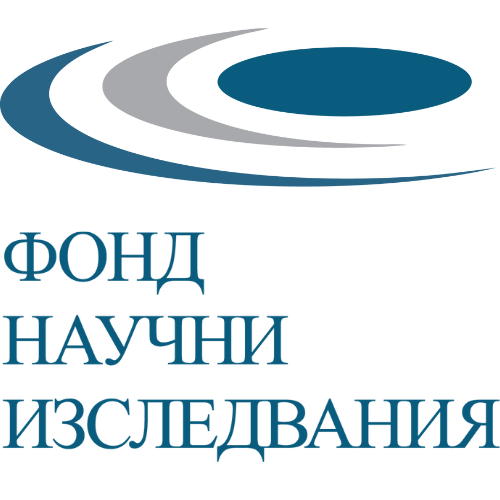RATE OF SUCCESSFUL ATTEMPTS OF MALE WEIGHTLIFTERS ON THE 2024 EUROPEAN WEIGHTLIFTING CHAMPIONSHIPS
DOI:
https://doi.org/10.15547/tjs.2024.s.01.029Keywords:
rate of success, attempts, female weightlifters, European championshipsAbstract
The results in official competitions is a valuable source of feedback information for coaches and sports scientists to successfully control the training process. In international tournaments, elite athletes are often under tremendous psychological and physiological pressure to achieve great performance. In Olympic weightlifting, in events where athletes of similar potential and preparedness compete, the struggle for top places is especially intense, as often the final ranking depends on only one successful attempt. Unsuccessful attempts due to over-excitement are the most common reason competitors underperform or drop out. Purpose. The purpose of the study was to evaluate the rate of successful attempts of male weightlifters on the 2024 European weightlifting championships in Sofia, Bulgaria. Methods. The attempts of 170 male weightlifters in 10 weight classes were recorded and statistically analyzed. The rate of successful attempts was estimated – overall and stratified by attempt number. Results. The overall rate of successful attempts for the snatch and clean and jerk was similar (with insignificant differences) for all studied weight classes. For both competitive exercises, the highest success rate was measured in the first attempts, followed by second and third. 52% of the attempts in the snatch were successful compared with only 47% in the clean and jerk. Conclusion. In our opinion, pre-competition reduction of body mass and/or accumulated fatigue during the preparation is the main reason for this 6% statistically significant difference. As the snatch is the more technical exercise than the clean and jerk, these findings may be due to strictly methodological reasons: Early specialization is typical for Olympic weightlifting – during their first years in the sport, athletes place an emphasis on developing proper technique at the expense of strength work.
References
Grivas, N., Brogley, Y., Damyanova, R. The influence of physical training on the sports performance of tennis players aged 10-12. Issues of Physical Culture, 1990.
Dobrev, P., Gyurkov, D., Spasov, A. Weightlifting. Sofia: Medicine and Physical Culture, 1976.
Dobrev, P. Strength, tactical and volitional training of the weightlifter. Sofia: Unified Center for Science and Training of Personnel for Physical Culture and Sports, 1983.
Dobrev, P. Tactical training of the weightlifter. Sofia: Unified Center for Science and Training of Personnel for Physical Culture and Sports, 1983.
Yankova, N. and Panayotov, V. A Study of the Influence of Artificial Weight Reduction on Sports Performance in Weightlifters – Women and Men", Scientific Papers, Vol. 53, Series 8.2, Physical Education and Sports, Ruse: Angel Kanchev University Press, p.136, 2014.
Mileva, E, Yankova, N., Panayotov, V., Slavova, V. Study of the attitudes of weightlifting students towards the teaching methodology "Language through Sport". Scientific Papers of the University of Ruse, v. 57, Ruse: Angel Kanchev University Press, 2018.
Panayotov, V. Study of the Influence of Artificial Reduction of Body Mass on Sports Achievements in Weightlifting Athletes. Scientific Papers, Vol. 53, Series 8.2, Physical Education and Sport, Ruse: Angel Kanchev University Press, p. 121, 2014.
Soboleva, T. Formation of sex-dependent characteristics in girls and girls against the background of sports. Diss. Doc. Biol. Sci.-St. Petersburg, p. 245, 1997.
Yankova, N. Tracing the Dynamics of the Achievements of State Weightlifting Championships for Girls (11-14 Years) for the Period from 2004 to 2009, Sport and Science, Ed. Issue 1, p. 26, 2010.
Slavova, V. Blended learning. Principles, approaches and practices. Sofia: Avangard Press, 2017.
Slavova, V. Study of the attitudes of children and young people towards the use of new technologies in sports education. Scientific Conference "Challenges and Prospects for Sports Science", "Specifics of Training in Various Sports Disciplines", Sofia: NSA PRESS, p. 137, 2016.

Downloads
Published
Issue
Section
License
Copyright (c) 2025 Trakia University

This work is licensed under a Creative Commons Attribution-NonCommercial 4.0 International License.


